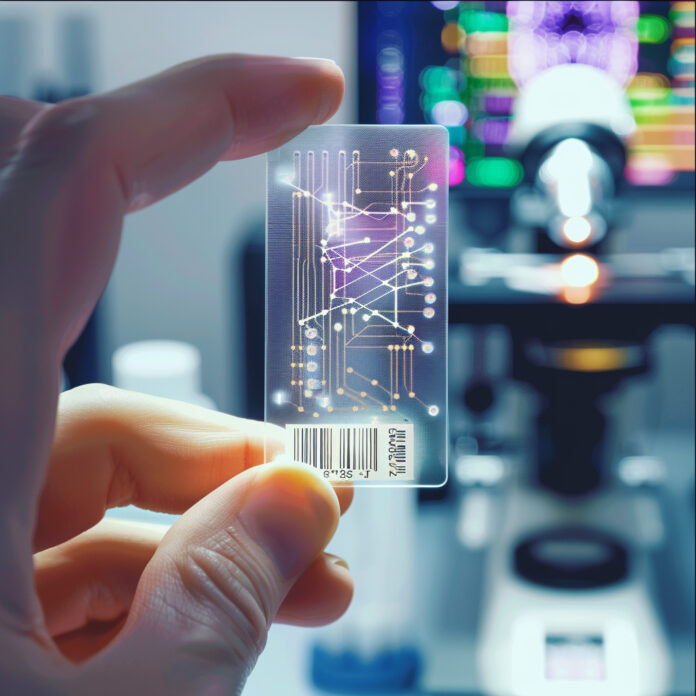NEW YORK– Paige, a global leader in clinical AI applications for cancer, in collaboration with Microsoft, has unveiled the second generation of Virchow, its million-slide foundation model for cancer. As additions to Paige’s suite of foundation models, the world’s largest and most advanced AI models in clinical pathology, Virchow2 and Virchow2G offer a deeper understanding of cells and tissue, aiming to redefine cancer diagnosis and treatment.
Built with a diverse dataset of over 3 million pathology slides from over 800 labs and 45 countries, Virchow2 and Virchow2G offer unparalleled data diversity and depth. Trained using de-identified data from over 225,000 patients, these models encompass a broad spectrum of gender, race, ethnicity, and geographical regions, providing a more holistic understanding of cancer.
This comprehensive dataset also includes over 40 different tissue types stained with H&E and diverse immune-stains (IHC), making it suited to a wider variety of applications. With an impressive 1.8 billion parameters, tripling the size of previous models, Virchow2G is the largest pathology model ever created. Trained in collaboration with Microsoft researchers and using Microsoft’s advanced supercomputing infrastructure, these models set a new record in AI training scale, surpassing previous performance standards, as showcased in a recently published technical report.
“Our collaboration with Microsoft has been pivotal in the development of Virchow, which has already earned recognition in Nature Medicine,” said Thomas Fuchs, Dr.Sc., Founder and Chief Scientist of Paige. “We are merely scratching the surface of what these foundation models can achieve in transforming our understanding of cancer through computational pathology. Virchow’s immense scale unlocks key information that can be used to drive groundbreaking innovations, enabling precise diagnostics, targeted treatments, and personalized patient care. This is the beginning of a new era in oncology, where technology and science converge to combat cancer more effectively than ever before.”
“This second generation of Paige’s Virchow model outperforms anything in the industry and continues to grow in knowledge and capability, bringing us closer to making precision medicine a reality,” said Razik Yousfi, Senior Vice President of Technology at Paige. “We are not only expanding capabilities, increasing accuracy, and reducing time in the cancer diagnosis process, but also pushing the boundaries of what’s possible. Our goal is to continue to bring the most advanced AI to pathology, leading to better patient outcomes and significant advancements in disease understanding and treatment.”


